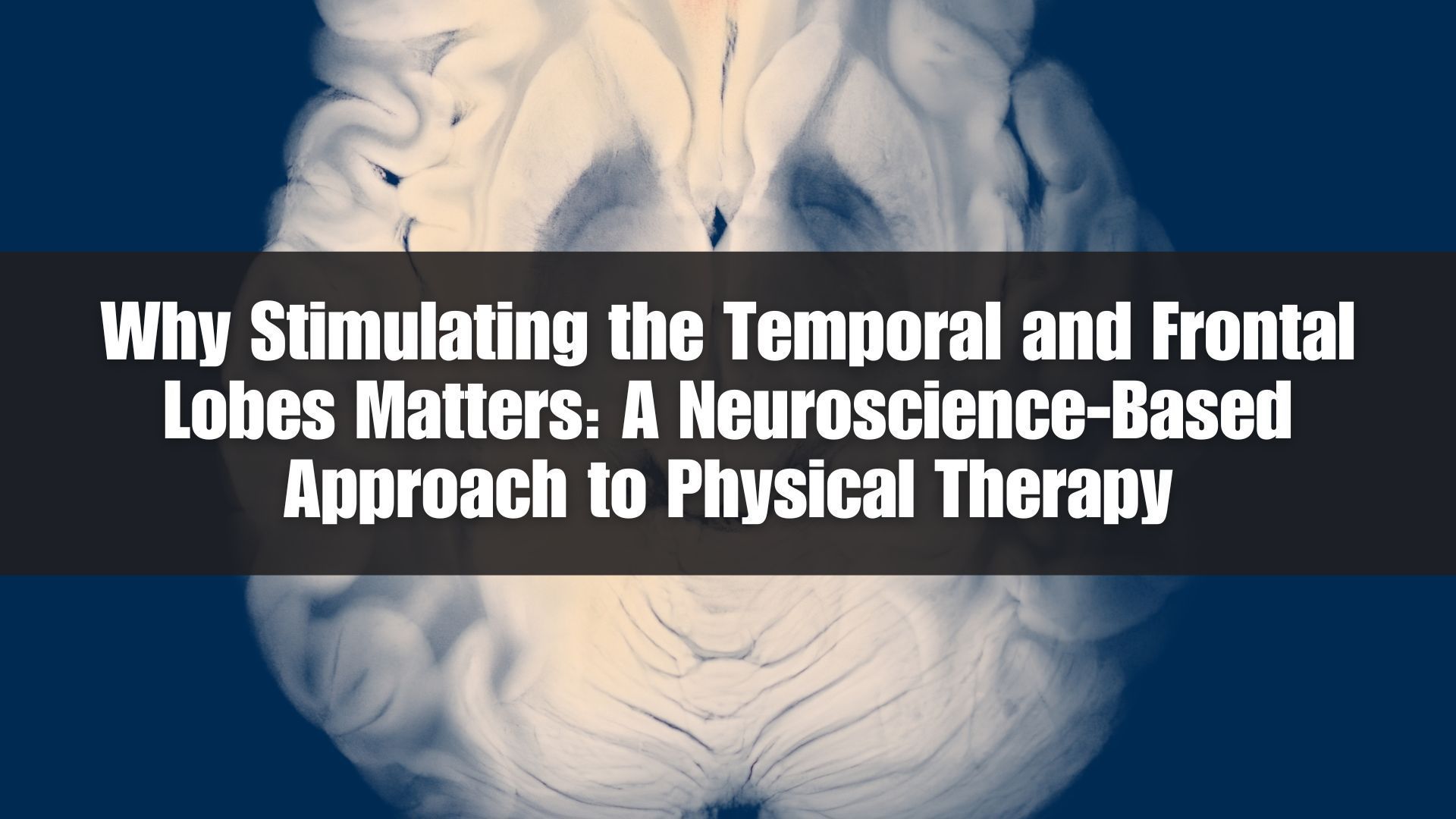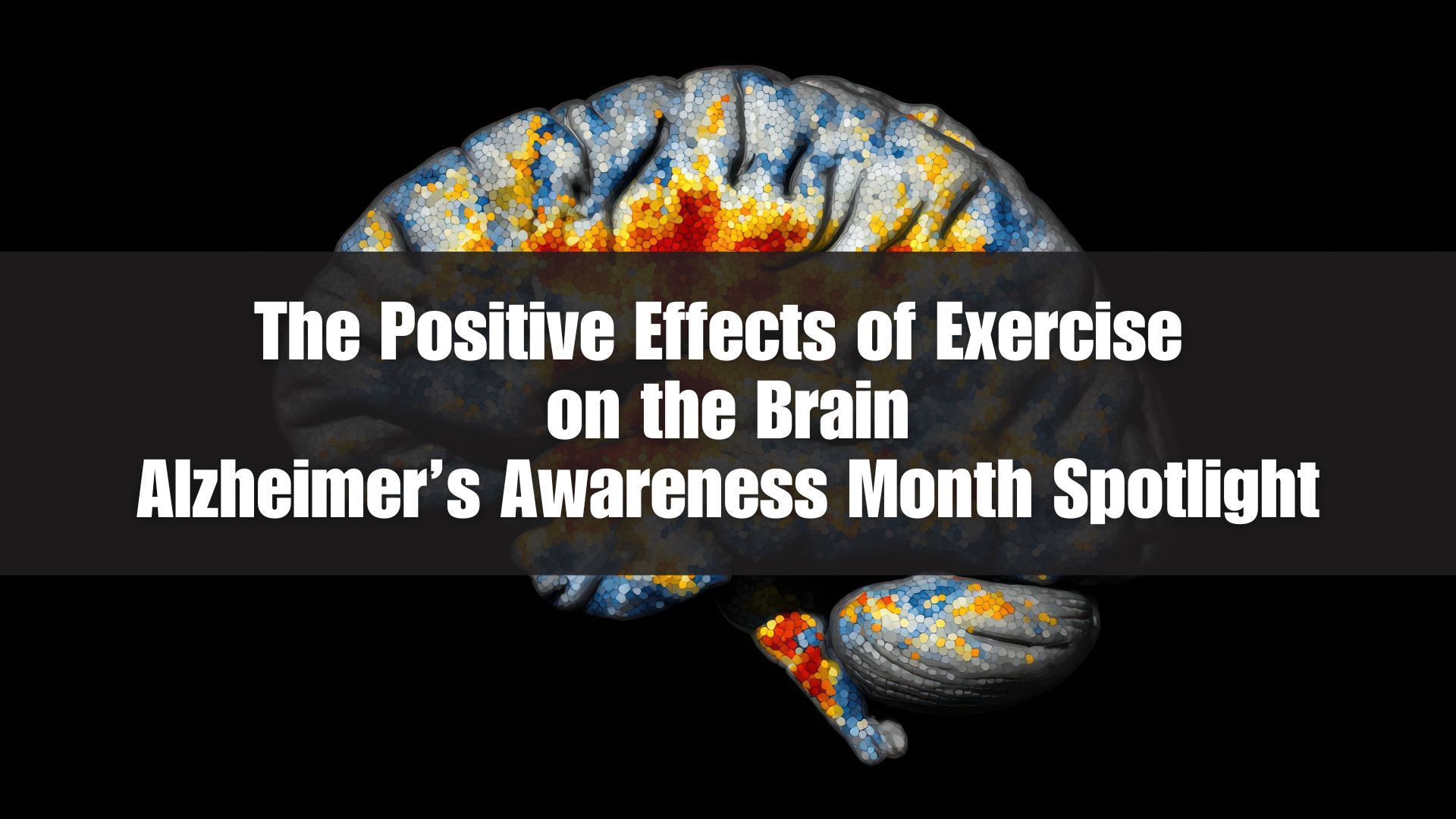From Setback to Comeback: How Physical Therapists Help Rebuild Heart Health
The Essential Role of Physical Therapists in overland park in Cardiovascular Rehabilitation
Cardiovascular disease remains the leading cause of death worldwide, impacting millions of lives each year. For those recovering from heart attacks, surgeries, or living with chronic conditions such as heart failure, cardiovascular rehabilitation is a critical pathway to regaining health and improving quality of life. While the role of cardiologists and nurses in this process is well-recognized, Overland Park physical therapists are integral yet often underappreciated contributors to successful cardiovascular rehabilitation programs. Their expertise in movement science, functional training, and individualized care uniquely positions them to optimize patient outcomes.
What Is Cardiovascular Rehabilitation?
Cardiovascular rehabilitation is a multidisciplinary program designed to improve the physical and emotional well-being of individuals with heart disease. It typically consists of three phases:
- Acute Phase (Inpatient): Occurs immediately after a cardiac event or surgery, focusing on preventing complications, early mobilization, and preparing patients for discharge.
- Subacute Phase (Outpatient): Encompasses structured, supervised exercise sessions and education to help patients build cardiovascular endurance and adopt heart-healthy habits.
- Maintenance Phase: Long-term self-management with continued exercise and lifestyle modification.
Physical therapists in Overland Park play a crucial role throughout all these phases, bringing their skills to bear in exercise prescription, functional training, education, and risk factor management.
Exercise Prescription: The Heart of the Matter
Overland Park physical therapists are experts in designing and implementing individualized exercise programs tailored to the unique needs, abilities, and limitations of each patient. This is particularly important in cardiovascular rehabilitation, where patients often present with comorbidities such as diabetes, obesity, or musculoskeletal issues that complicate their recovery.
Key Components of Exercise Prescription:
- Aerobic Training: Physical therapists help patients improve cardiovascular endurance through activities like walking, cycling, or swimming. They carefully monitor intensity using tools like heart rate monitors, perceived exertion scales, or metabolic equivalents (METs) to ensure safety and effectiveness.
- Resistance Training: Building muscular strength is crucial for improving overall functional capacity. Physical therapists incorporate resistance training exercises to enhance muscle endurance and reduce strain on the heart during daily activities.
- Flexibility and Balance Training: Stretching and balance exercises help prevent falls, improve posture, and support overall mobility.
Physical therapists in Overland Park also monitor vital signs—such as heart rate, blood pressure, and oxygen saturation—during exercise sessions to detect any signs of instability and adjust interventions accordingly.
Functional Training: Beyond the Treadmill
Cardiovascular rehabilitation is not just about improving heart health; it’s also about helping patients return to their daily lives with confidence and independence. Physical therapists excel in functional training, which focuses on restoring the ability to perform everyday tasks like climbing stairs, carrying groceries, or returning to work. For example, a patient recovering from open-heart surgery may initially struggle with limited range of motion in their chest and shoulders due to post-surgical pain or scar tissue. A PT can guide them through targeted exercises to restore mobility and strength, ensuring they regain the ability to perform tasks like reaching overhead or lifting objects.
Education and Behavior Change: Building Lifelong Habits
Education is a cornerstone of cardiovascular rehabilitation, and physical therapists in Overland Park are skilled educators who empower patients to take an active role in their recovery. They provide guidance on:
- Exercise Safety: Teaching patients to recognize warning signs, such as chest pain or shortness of breath, and how to respond appropriately.
- Posture and Body Mechanics: Ensuring patients move safely during activities to reduce strain on their cardiovascular system.
- Lifestyle Modifications: Physical therapists collaborate with dietitians, psychologists, and other team members to reinforce healthy habits like smoking cessation, stress management, and weight control.
By fostering a deeper understanding of the body’s responses to exercise and lifestyle changes, physical therapists help patients build sustainable, heart-healthy routines.
Managing Comorbidities and Complications
Patients in cardiovascular rehabilitation often face additional challenges, such as arthritis, chronic back pain, or peripheral vascular disease, that can impede their progress. Physical therapists are uniquely equipped to address these issues through:
- Pain Management Techniques: Including manual therapy, therapeutic modalities, and tailored exercise programs to alleviate discomfort.
- Gait and Mobility Training: For patients with impaired walking ability due to stroke or neuropathy.
- Fall Prevention Strategies: Especially important for older adults or those with balance impairments.
By addressing these barriers, Overland Park physical therapists enable patients to engage more fully in their rehabilitation and improve their overall quality of life.
Collaboration: A Team-Based Approach
Cardiovascular rehabilitation thrives on collaboration, and physical therapists are key players in the multidisciplinary team. They work closely with cardiologists, nurses, dietitians, psychologists, and exercise physiologists to ensure a comprehensive and cohesive approach to care. Regular team meetings and communication allow physical therapists to share insights on patients’ functional progress and adapt care plans as needed.
The Emotional Dimension of Rehabilitation
Recovering from a cardiac event can be emotionally overwhelming, with many patients experiencing anxiety, depression, or fear of physical activity (kinesiophobia). Physical therapists’ close, one-on-one interactions with patients provide a unique opportunity to build trust and address these emotional challenges. By celebrating small victories, offering encouragement, and providing consistent support, physical therapists help patients rebuild confidence in their bodies and abilities.
Physical therapists are indispensable in the journey of cardiovascular rehabilitation. Their expertise in exercise prescription, functional training, education, and holistic care ensures that patients not only recover but thrive. By addressing both the physical and emotional aspects of rehabilitation, physical therapists empower individuals to reclaim their health, independence, and quality of life.
For anyone navigating the challenges of heart disease, the guidance and support of a skilled physical therapist can make all the difference in achieving lasting recovery and a healthier future. If you or a loved one need assistance on this journey, our team is here to help!
Contact us
today to learn more.





